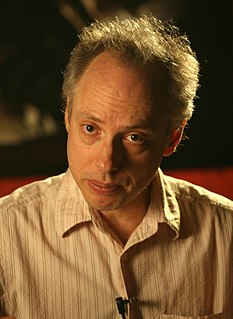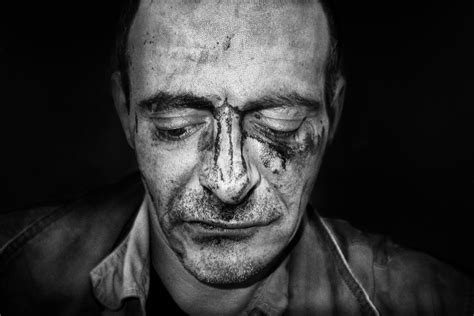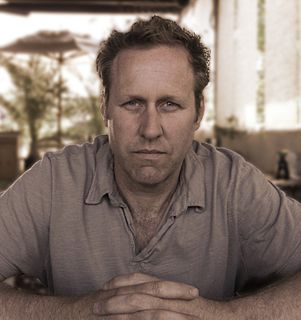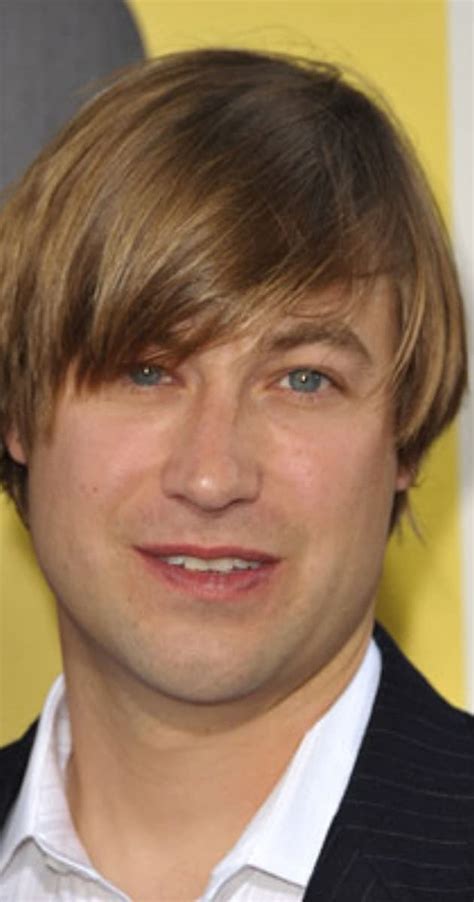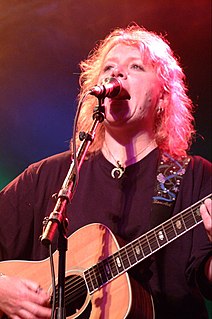A Quote by Conor Oberst
I'll write about myself, or people I know, or archetypal characters, but the goal is to get at some truth, not to necessarily convey my own experience as an individual to the world.
Quote Topics
Related Quotes
Some people see me as dissecting my characters in some kind of heartless, coldblooded, analytical way, when in truth making these movies is a passionate, intensely emotional experience for me. I'm detached from the characters only to the degree that I have to be in order to write honestly about them.
For the artist, the goal of the painting or musical composition is not to convey literal truth, but an aspect of a universal truth that if successful, will continue to move and to touch people even as contexts, societies and cultures change. For the scientist, the goal of a theory is to convey "truth for now"--to replace an old truth, while accepting that someday this theory, too, will be replaced by a new "truth," because that is the way science advances.
And one has to remember that no photography can pretend to show the truth. A picture only shows a given situation under a very specific perspective, consciously or not, openly or not, relevantly or not. Photographers have to accept they can just convey fragments of illusory realities and relate their own intimate experience of the world. In this process of fictionalising an unreachable truth, it's up to them to impose their doubts about any photographic truth, or accept being impotent pawns in the mediatic game.
The first act of insight is throw away the labels. In fiction, while we do not necessarily write about ourselves, we write out of ourselves, using ourselves; what we learn from, what we are sensitive to, what we feel strongly about--these become our characters and go to make our plots. Characters in fiction are conceived from within, and they have, accordingly, their own interior life; they are individuals every time.
I have always liked kind of outsider characters. In the movies I grew up liking, you had more complicated characters. I don't mean that in a way that makes us better or anything. I just seem to like characters who don't really fit into. You always hear that from the studio: "You have to be able to root for them, they have to be likeable, and the audience has to be able to see themselves in the characters." I feel that's not necessarily true. As long as the character has some type of goal or outlook on the world, or perspective, you can follow that story.
The truth that people are missing about certain things, you know when they get fearful and they get hateful, and they repress other peoples, is the greatest truth of all, you know, the truth of love and understanding and clarity about all those issues. And it's like, one day, one day, everybody's gonna know, myself included, over certain things. But, so it's like, it's alright, you know, you hate me now, but that's cool, because I see a better day and I know that there's a higher truth, and you're wrong about hating me because I'm gay.
Some of my books sort of have a provocative take. Sometimes you find interesting things about characters that show they weren't necessarily the way people usually see them. It can make for lively conversations, but that's great. Spark a little controversy, get people to think about it. That's what it's all about.
Every morning I wake up and I tell myself this: It's just one day, one twenty-four-hour period to get yourself through. I don't know when exactly I started giving myself this daily pep talk--or why. It sounds like a twelve-step mantra and I'm not in Anything Anonymous, though to read some of the crap they write about me, you'd think I should be. I have the kind of life a lot of people would probably sell a kidney to just experience a bit of. But still, I find the need to remind myself of the temporariness of a day, to reassure myself that I got through yesterday, I'll get through today.
I think the name came [of the show 'Gaycation'] out of the fact that a lot of people just don't know - they don't know what so many people face around the world or even in their own country, where there's a variety of experience, and despite the incredible progress we've seen, that progress hasn't necessarily reached everyone. I wanted to kind of have this title to have you be open to the experience, and then you enter it and you do see the realities.

